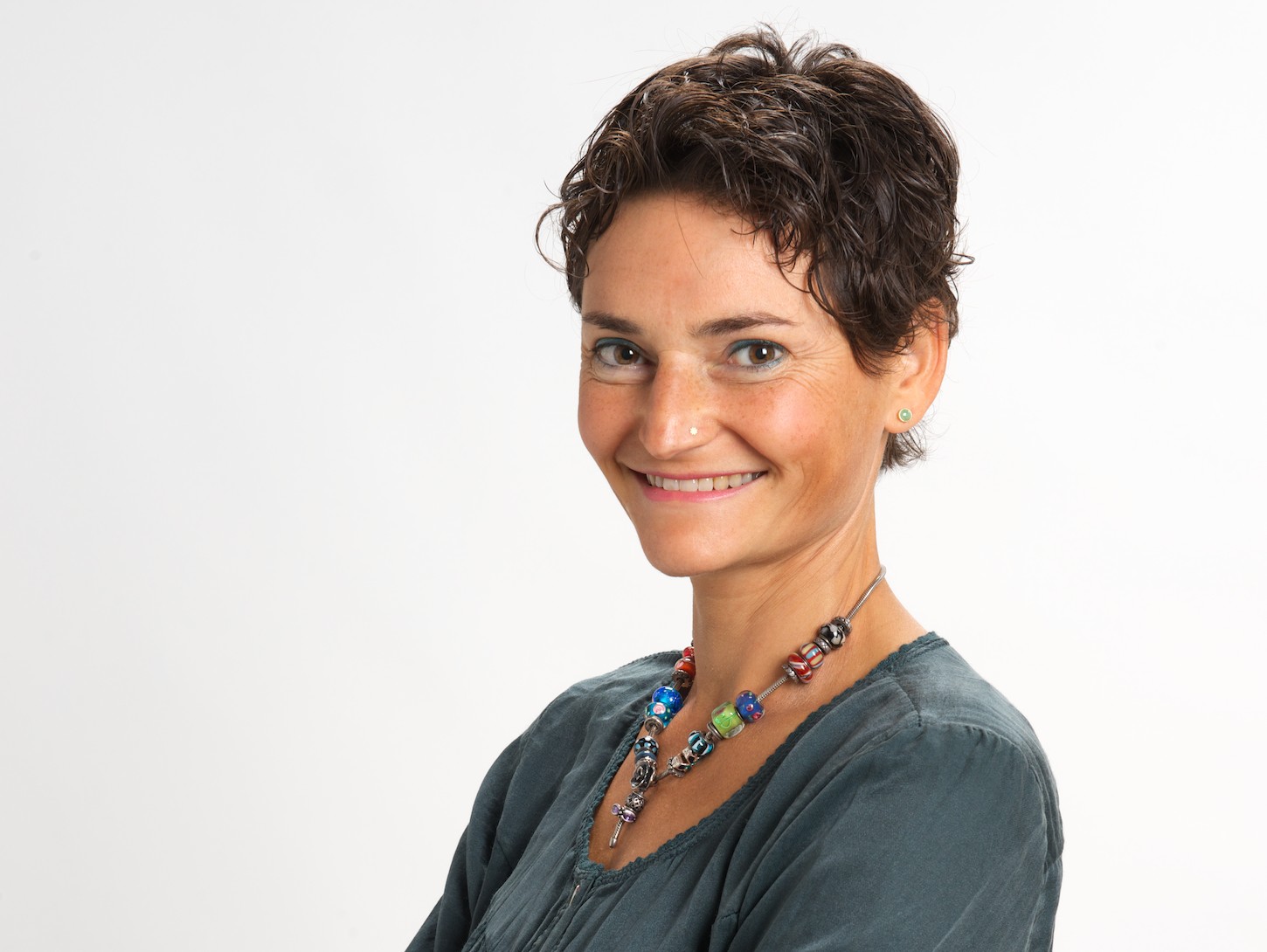
The European Commission has set itself the goal of achieving 50% less food waste by 2020 and of striving towards more efficient use or reuse of raw materials. The ‘improved sustainability of food production’ is not just a trend or hype. It’s pure necessity.
That was a good enough reason for us to start the year with the theme of Sustainable Food Production. I’ve delved into the countless reports that have been published on the topic: by the European Commission, the Dutch government, universities, institutes and industry associations. I’ve been to roundtable discussions, congresses and seminars.
This edition is about improving the sustainability of food production, but the first thing that struck me was the lack of photos of food products. How come? Is it because sustainability is such an abstract concept? It relates to the reuse of products and the optimisation of raw materials, the minimisation of value destruction, to the reduction of waste, to more sustainable business processes, a more cost-effective way of working involving reuse, technological innovations that are more energy-efficient, use less water and require fewer chemicals…and so on!
In order to improve the sustainability of food production it is essential to take a critical view of these factors. When you do that, you suddenly realise that sustainability can be a concrete concept after all, and that while requiring investment it also generates profit. And that’s good news for entrepreneurs!
Returning to the crux of the matter, things are moving too slowly. We need to accelerate the approach in order to get anywhere near to achieving the objectives such as those defined by the European Commission for 2020. What do is needed to help us solve the complex problems which we will be facing together in the years ahead?
The answer is both simple yet complicated: the solution lies in collaboration. We must all put our heads together – farmers, politicians, scientists, researchers, entrepreneurs, retailers, directors and citizens. Such an initiative was organised at the end of January in De Ruwenberg (Sint-Michielsgestel, The Netherlands). At an event called ‘Rafael Dialoog’ participants were challenged to let go of ‘their own organisational righteousness’ and to take an unburdened look from their own personal perspective at the new solutions and innovations that are needed to achieve the sustainable food production objectives.
Judith Witte
[email protected]
Source: Vakblad Voedingsindustrie 2015